Leo Petrossian, CEO, Nile AI, Inc., Discusses How His Company Aims to Impact Epilepsy Care Management
By Rob Dillard - Last Updated: April 28, 2023DocWire News recently sat down with Leo Petrossian, CEO of Nile AI, Inc., a digital health company recently formed to improve care for people living with epilepsy, their caregivers, as well as healthcare providers.
Here’s what Mr. Petrossian had to say.
DocWire News: Tell us a little bit about the new company, Nile.
Leo Petrossian: Nile was begun by UCB in the spirit of trying to massively impact the quality of epilepsy care management domestically and globally. They observed that, despite their efforts to innovate in the therapeutic arena, that they were having an impact on individual patients one at a time when they got them on the right drug at the right time, there’s a greater systematic problem with epilepsy care management. And that to truly have a massive impact on patient outcomes across the spectrum of patients’ lifetime that they would need to sort of look at the problem from a more holistic, broader view lens. So, they initiated the process to start Nile with the mission of making the journey of the epilepsy patient, first, predictable and then, ultimately, controllable because that’s what’s really missing in the life of these patients.
DocWire News: And in the life of these (epilepsy) patients, what are some of the main challenges that people with epilepsy face, and how does Nile strive to address those issues?
Leo Petrossian: Sure. So, to understand that we have to understand what the journey looks like for these individuals. Oftentimes, somebody will, at some point in their life, have their first seizure. And they’ll wake up, or recover from it disoriented and unaware of what happened. And they’ll be scared. It can be frightening enough that they will go see a doctor immediately that’ll be their general physician. Or they might just let it pass and not do anything about it until the next seizure, or the one after that one happens. So, the problem occurs today that from seizure to getting a patient to a doctor, then from that physician that they see to a neurologist, then from the neurologist to the epileptologist they’re being trial and errored their way to optimal care management.
This process is currently very serial in nature, meaning that we go from one place to the next. And it’s slow. Typically, it could take anywhere from five to eight years to get a patient on the right drug at the right dose with the right doctor. And so, the goal of Nile is to figure out how can we expedite this process of getting the patient to the right doctor faster. We believe that, as the name implies N-I-L-E, that a lot of the problems can be addressed through better data collection, better data quality, and deeper analysis, and interpretation of the data streams that will allow us to arrive at conclusions before we have exhausted the data collection process by itself.
DocWire News: What are some of the main goals that you, as the CEO, have to reach within the first year?
Leo Petrossian: Yeah, so our first year goals are pretty straightforward. It’s actually a simple one, it’s get stakeholders onto the platform. So, we’ve been sitting in the background, working and building the platform, the Nile system. And our goal for this year is to get people onto the platform, as many as we can, both patients and providers, and health systems, so that we can start to a, begin to impact clinical care outcomes. And b, invest in learning, and learn from the patients, and their actual journeys and how they’re interacting with our product, and with their physicians. All of our technology is based on how things used to be. And over time, as we begin to influence care outcomes, we’re going to need to observe and adapt to the changes that we’re generating in patient care. So, our mission for this year is make the platform available, and get as many stakeholders as we can onto it.
DocWire News: What’s the overall impact that Nile can have in the fight against epilepsy?
Leo Petrossian: So, in one of the patient interviews, a patient was asked to draw what living with epilepsy was like. And what they drew was a calendar with question marks on every single day. And for me, personally, so my wife is a neurologist and I hear this from her perspective too, as a physician with these patients. The life of an epilepsy patient is hyper unpredictable. They have no idea what’s going to happen today, let alone tomorrow, or next week.
And that’s why we built our vision and mission around epilepsy prediction and control. So that right now patients feel like their epilepsy controls them, and it defines them in many ways. And we want to make it so that that’s no longer the case. It’s not that you are a patient with epilepsy that happens to have a life. You’re a patient with a life that happens to have epilepsy that’s so well-managed that it doesn’t affect your life directly. So, that’s what we aspire to do. It’s a calling that I don’t think is something that could be accomplished with a single drug, or a single device, or a single wearable, or a single doctor. It’s something more holistic and macro scale.
DocWire News: Is there anything that you would like to add in closing? Any closing remarks?
Leo Petrossian: So, I don’t think that Nile is going to solve a problem like epilepsy as a panacea by itself. That’s not its job. Nile, as an organization, is a collaboration and coalition driven organization. So, we are openly, broadly, always looking for partners and collaborators from people that are physicians, patients, health systems, payers, advocates, loved ones. We want to build a coalition of individuals who are passionate about having a dramatic impact on epilepsy care management, and who are dissatisfied with how epilepsy’s managed today. And so, amongst your viewers and readers, if this is something that they’re passionate about, they should reach out to us. Come to our website, we are welcoming of all potential groups that we could possibly work with. We’re excited to work with people, and we know that there’s no way that we can do this on our own, and we don’t think anybody can. And it’s only by working together that we can really have an impact here.

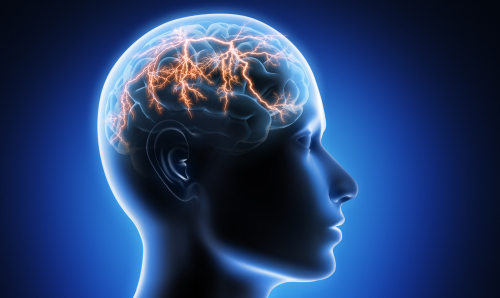
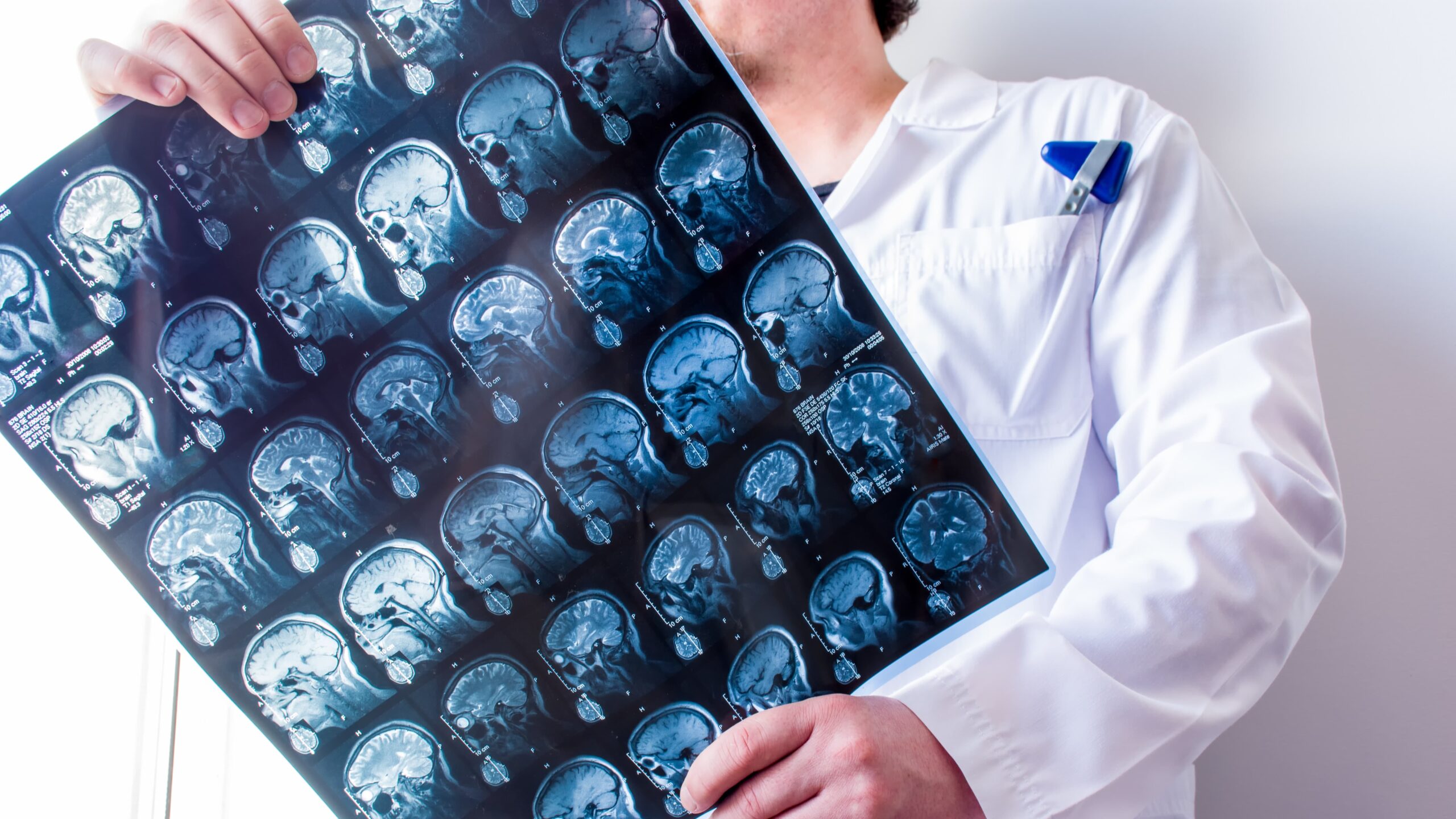
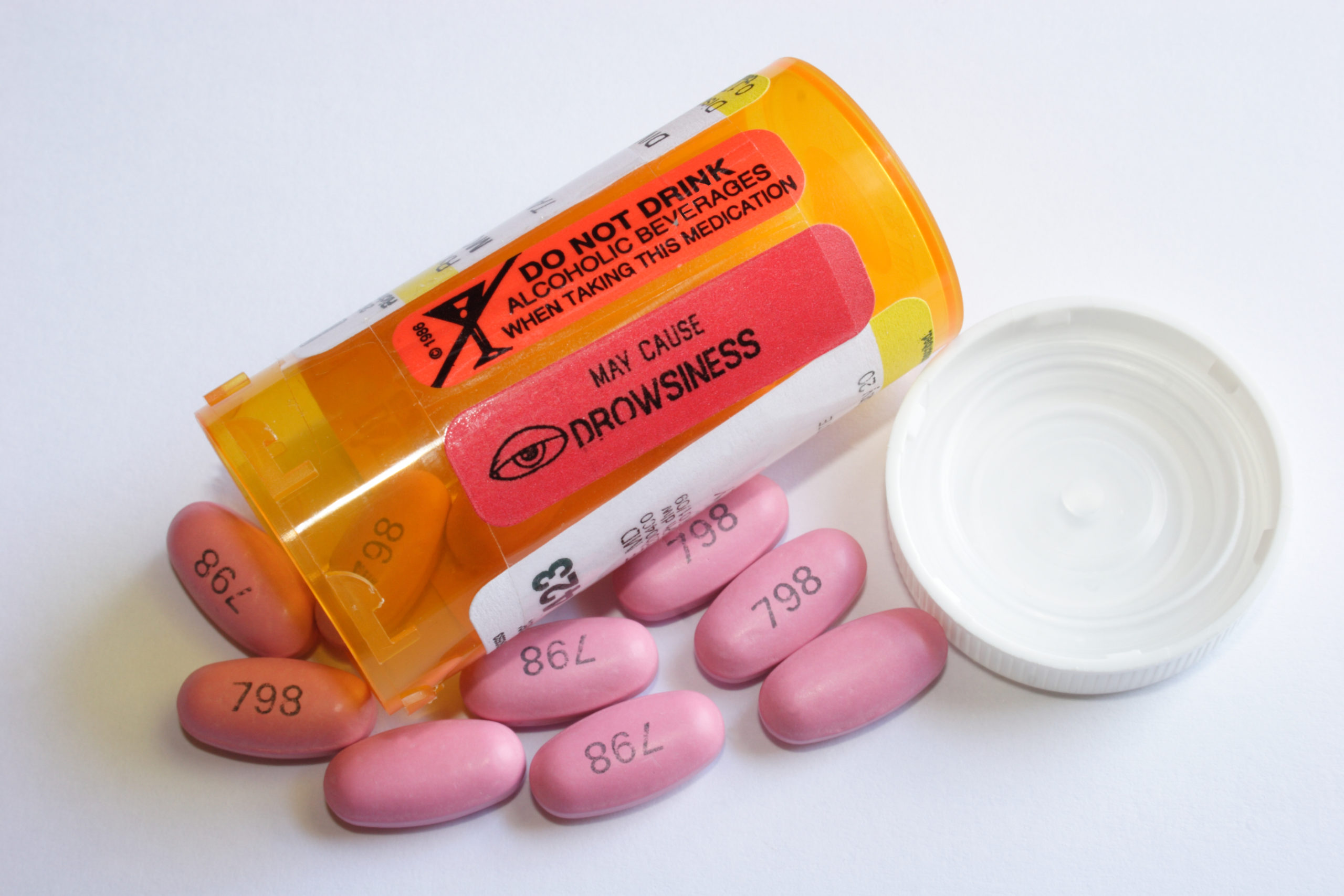
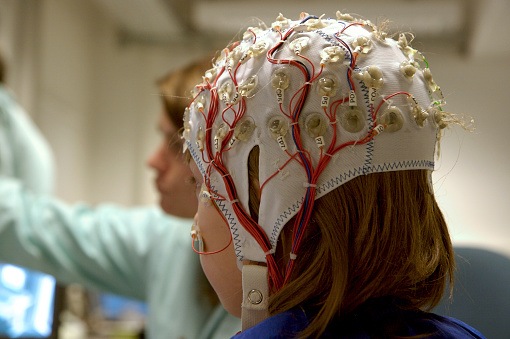
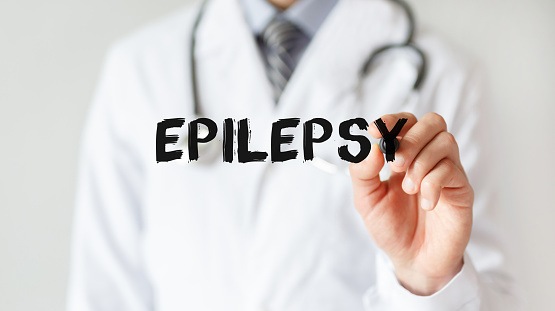

 © 2025 Mashup Media, LLC, a Formedics Property. All Rights Reserved.
© 2025 Mashup Media, LLC, a Formedics Property. All Rights Reserved.